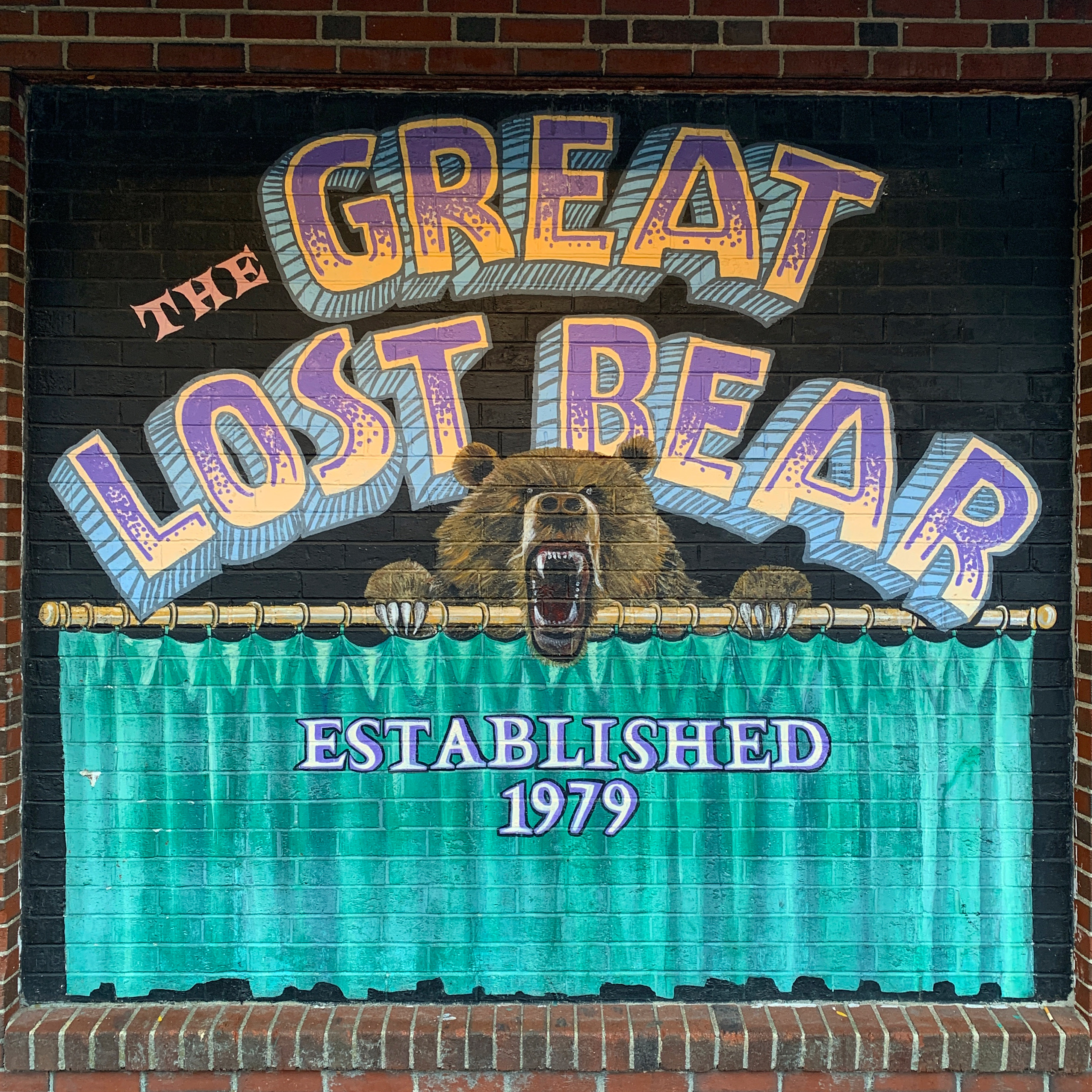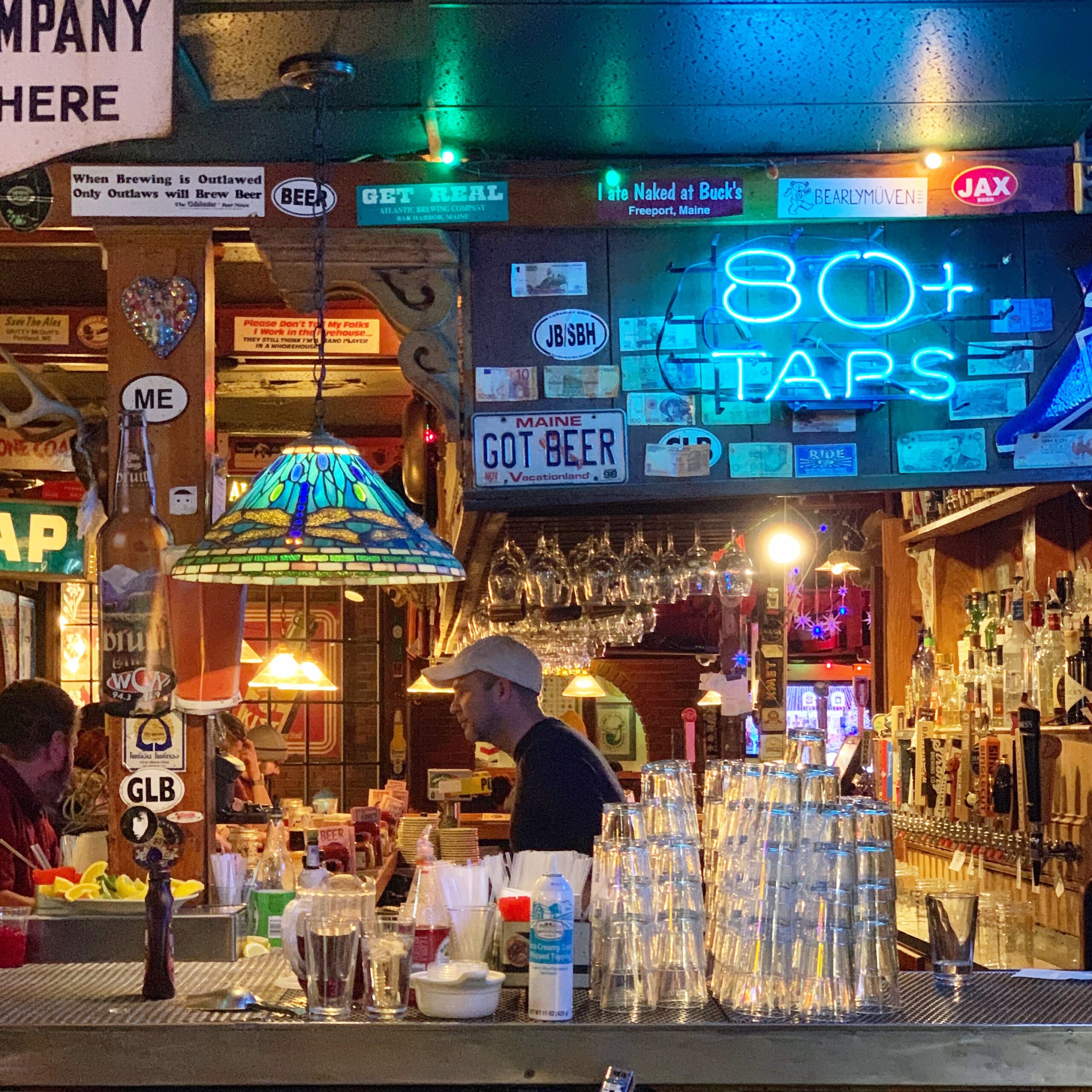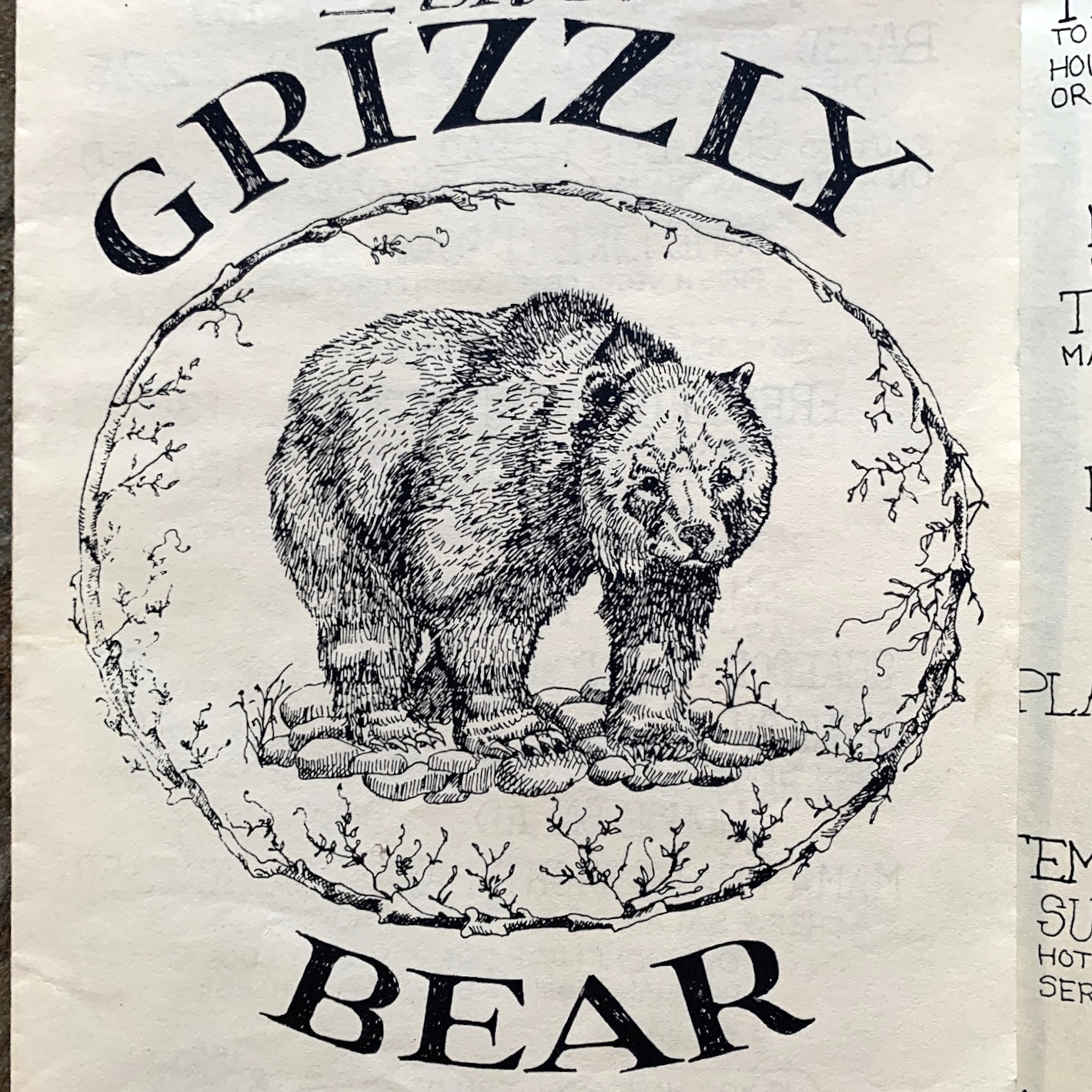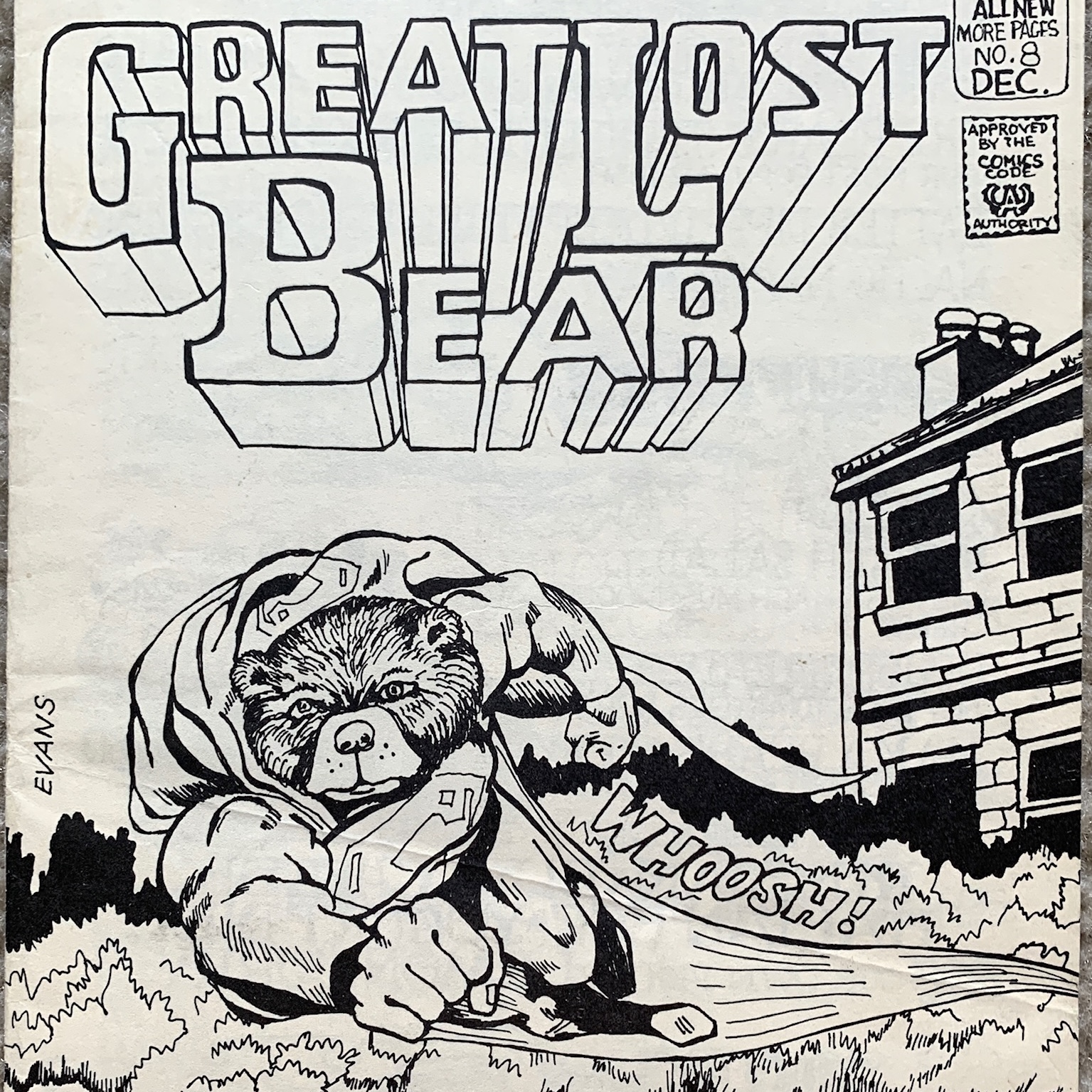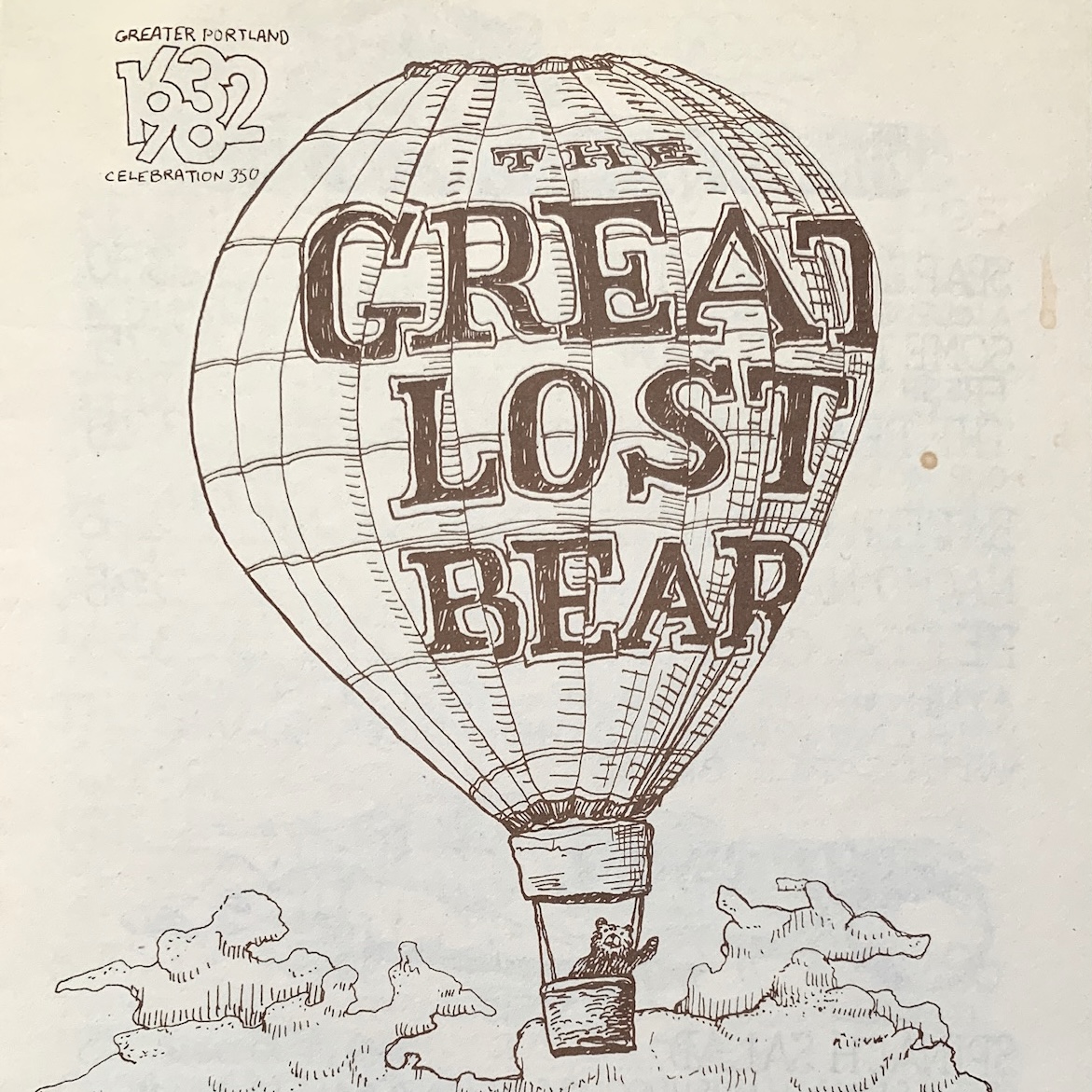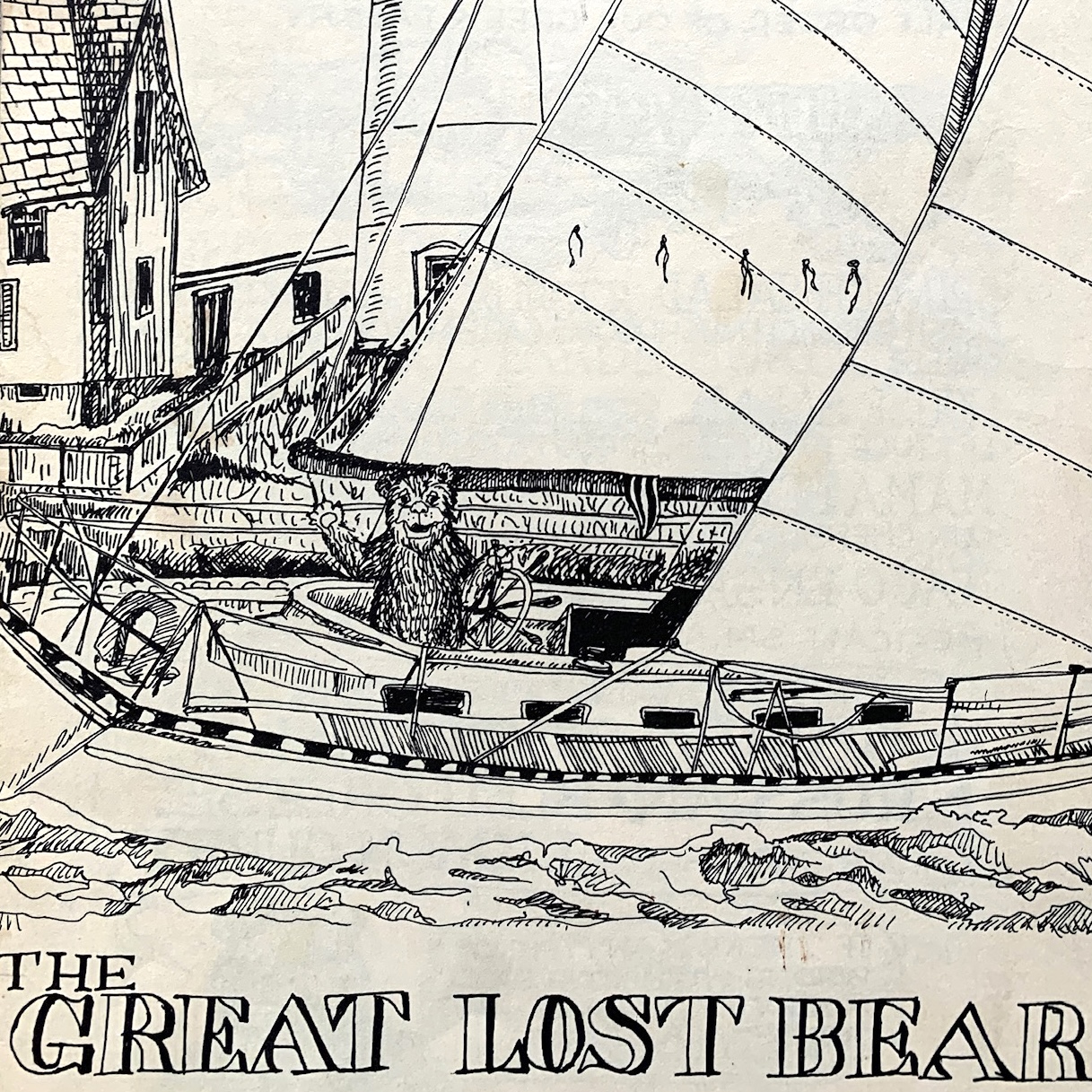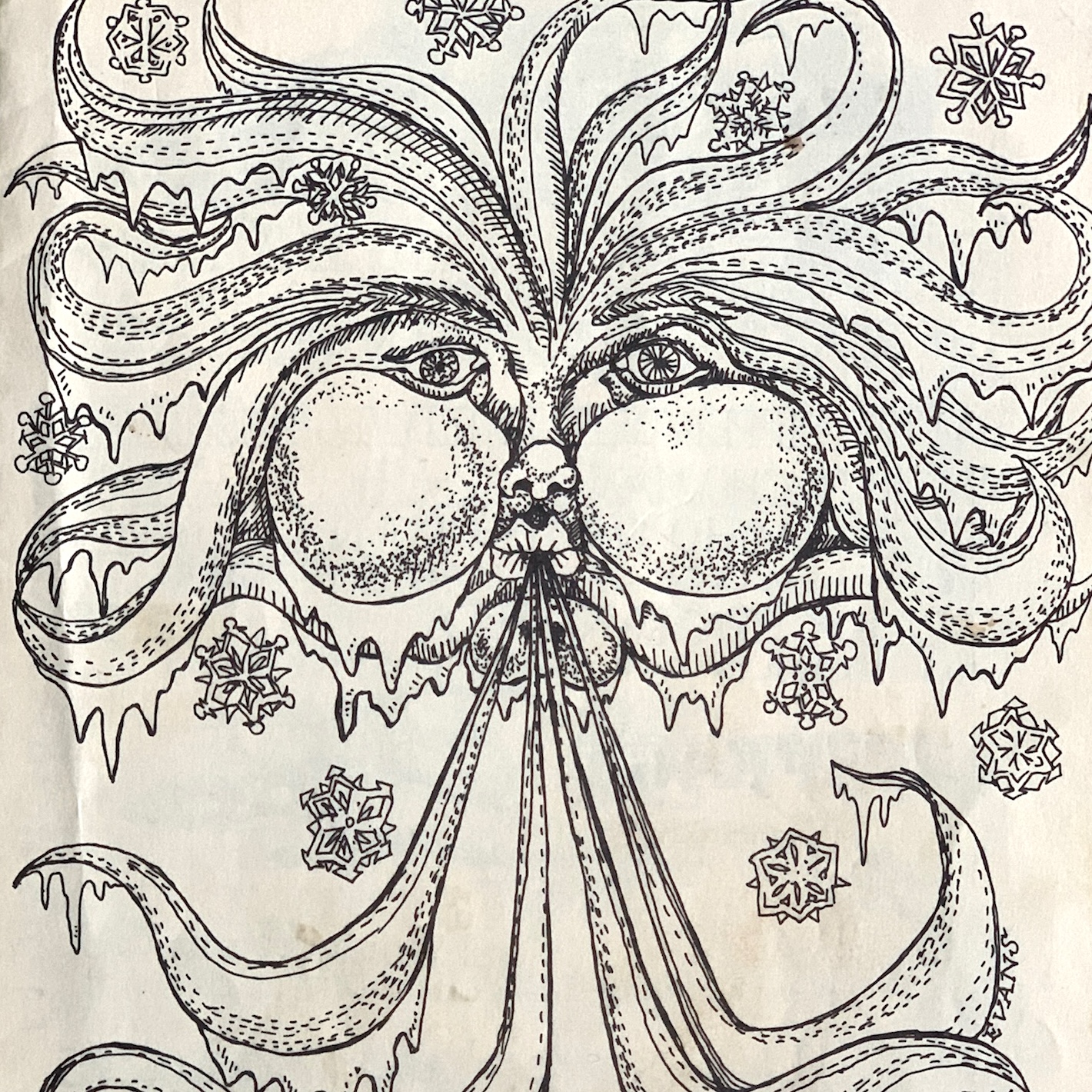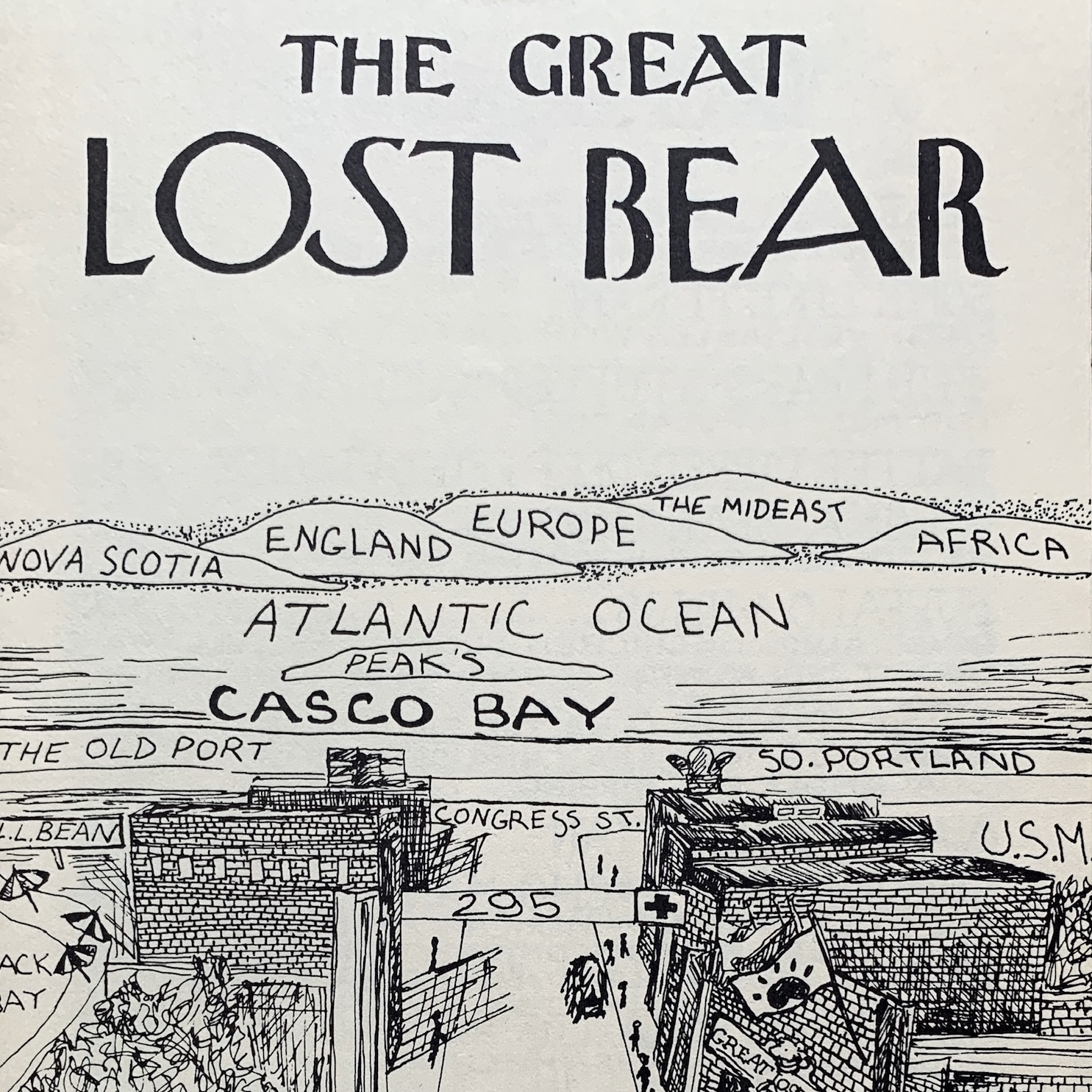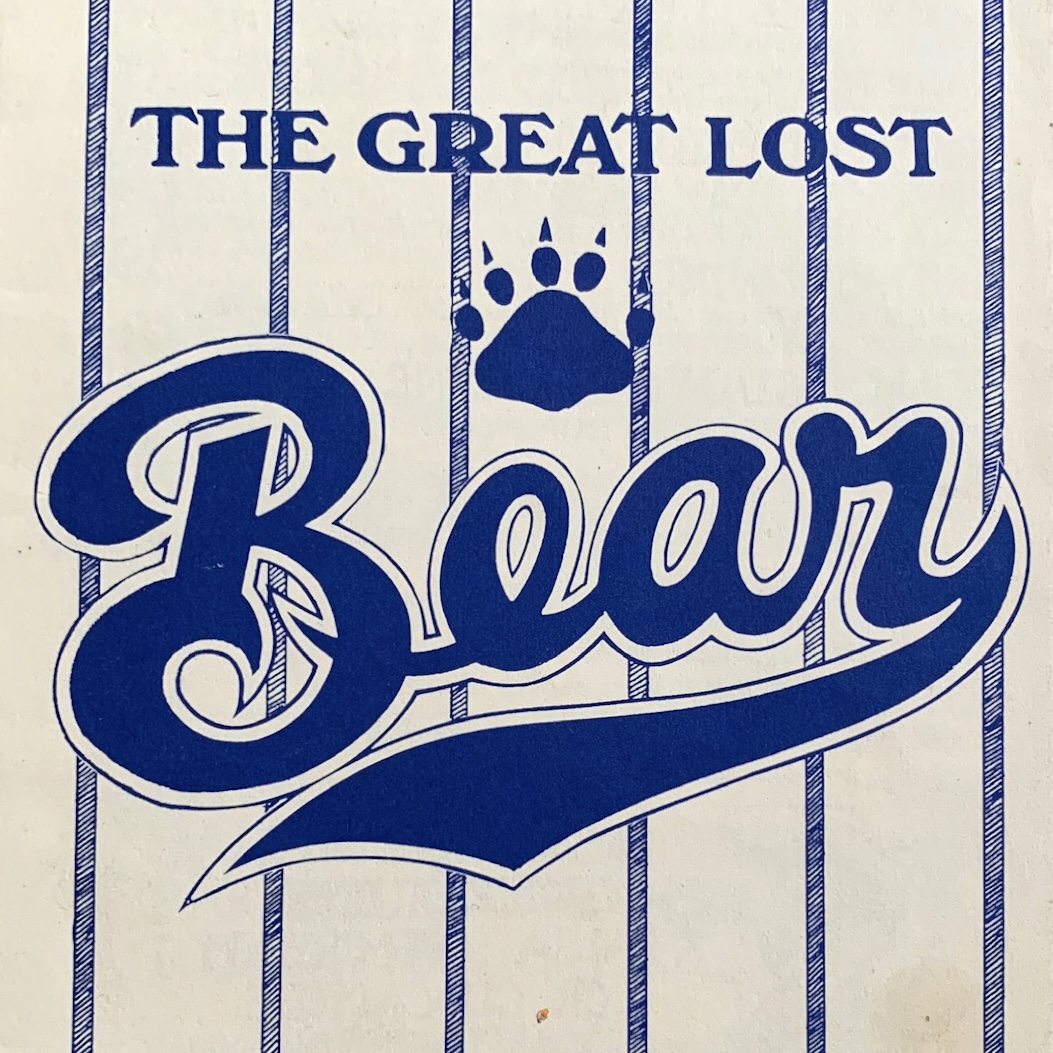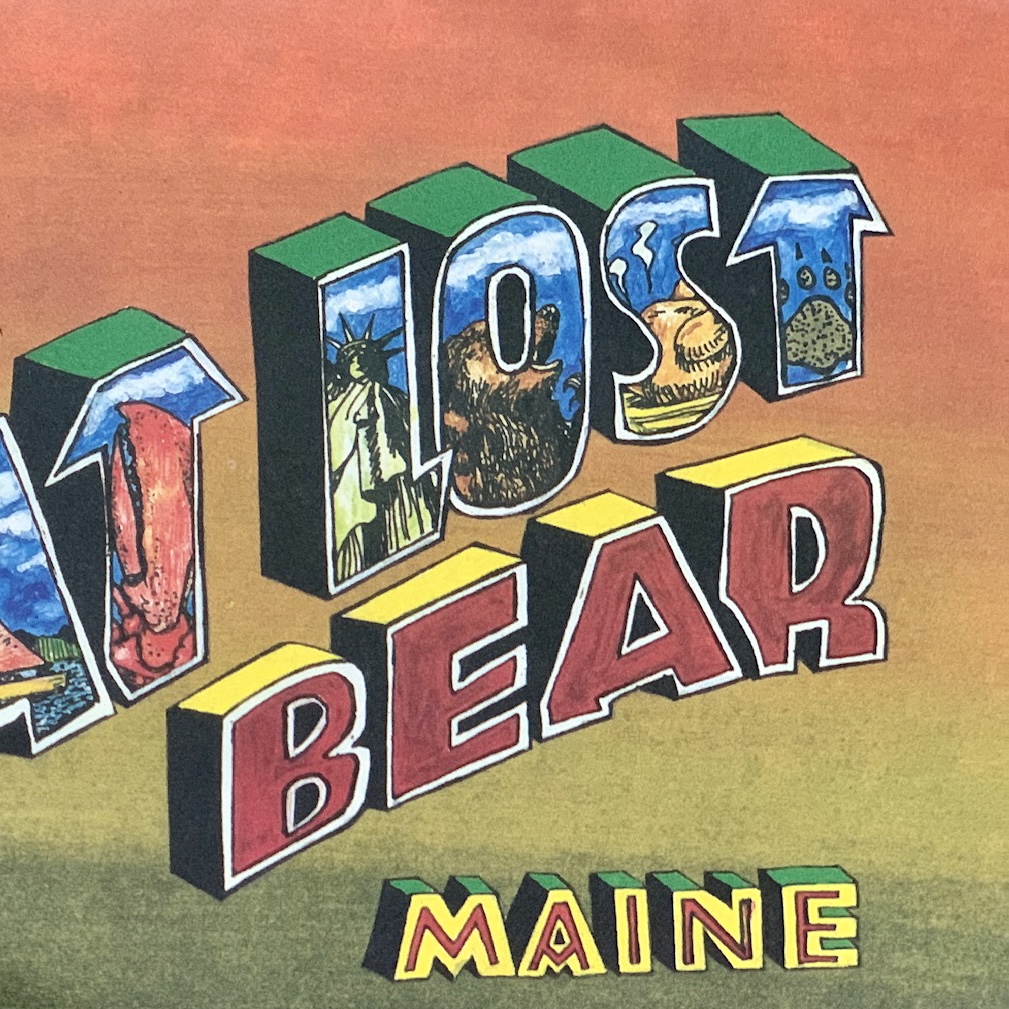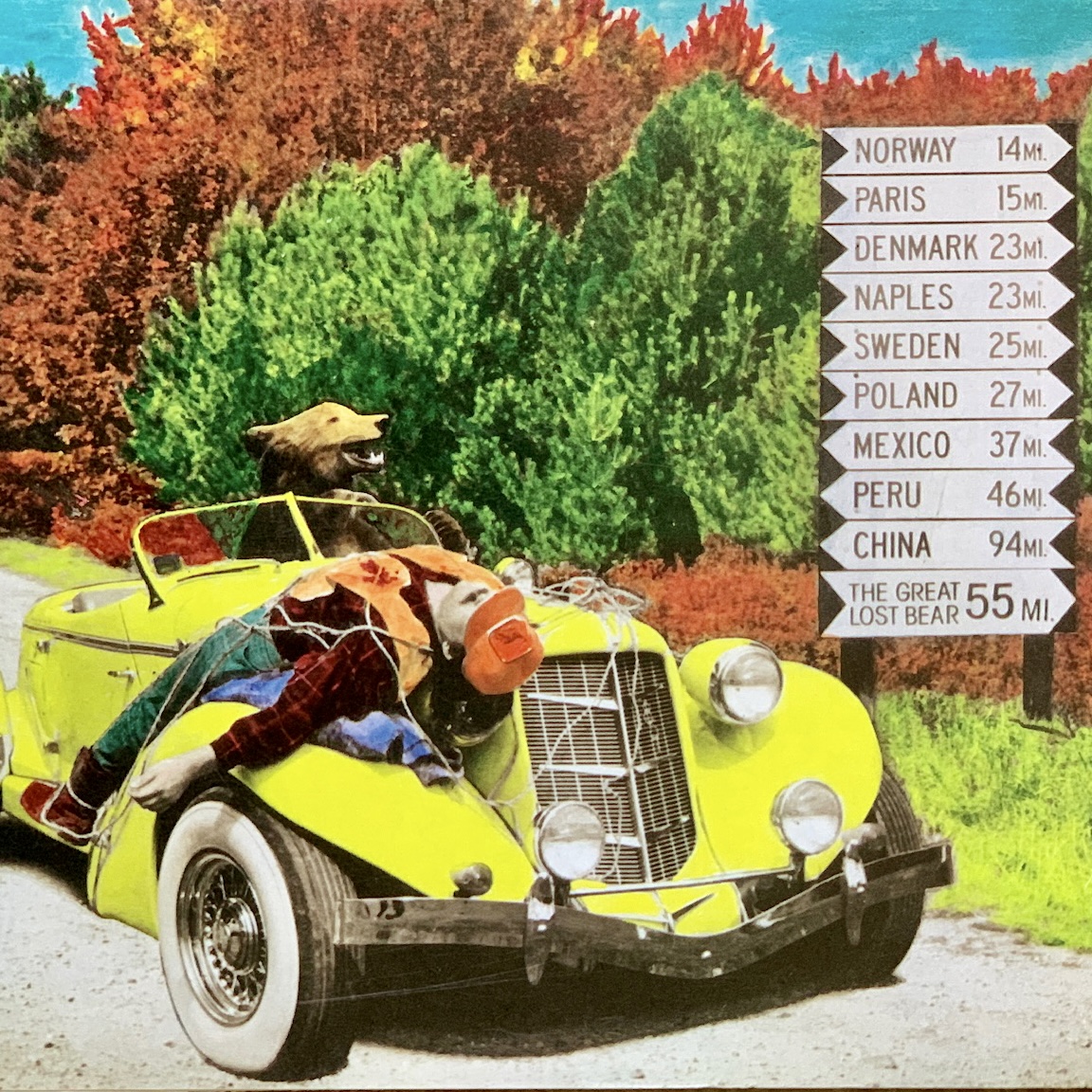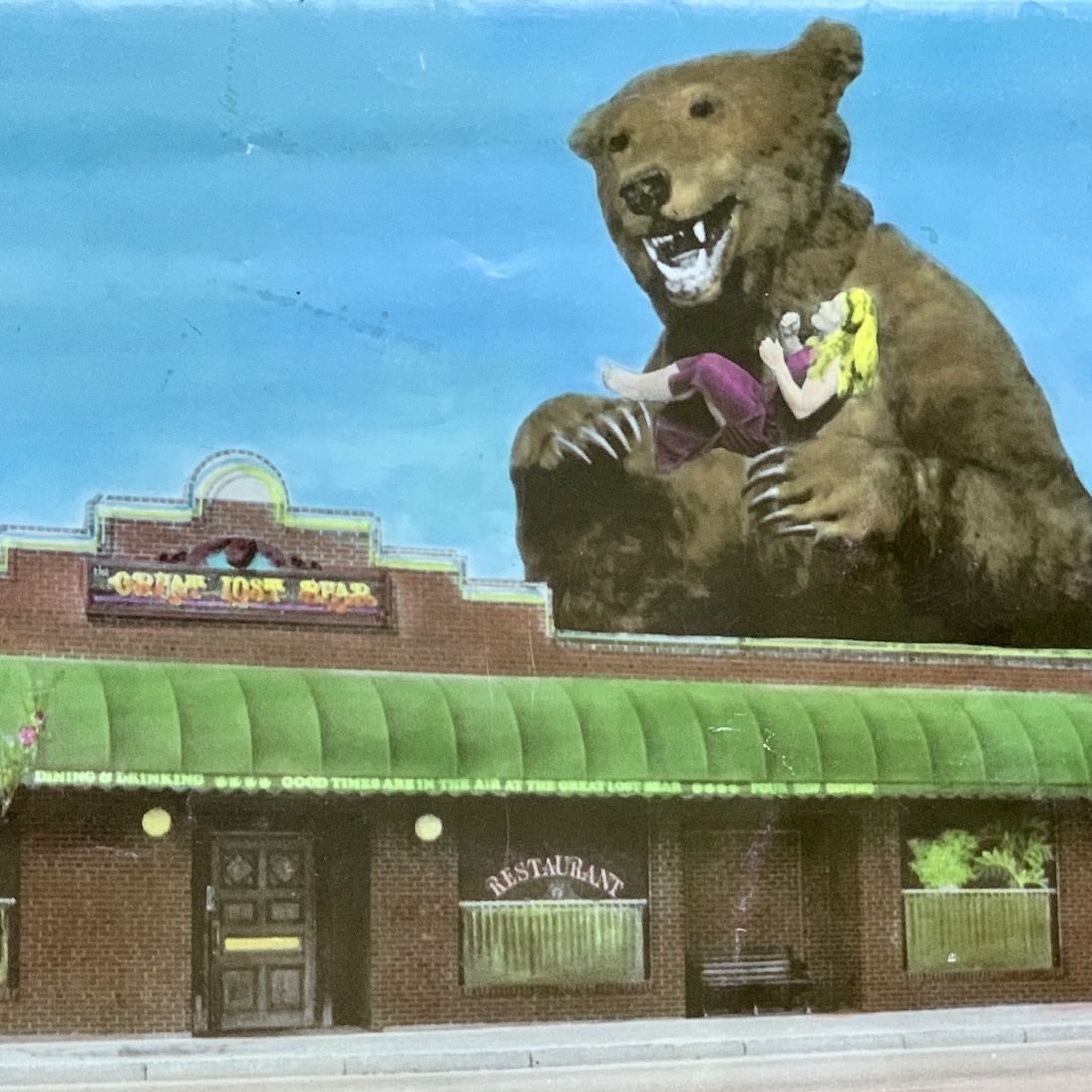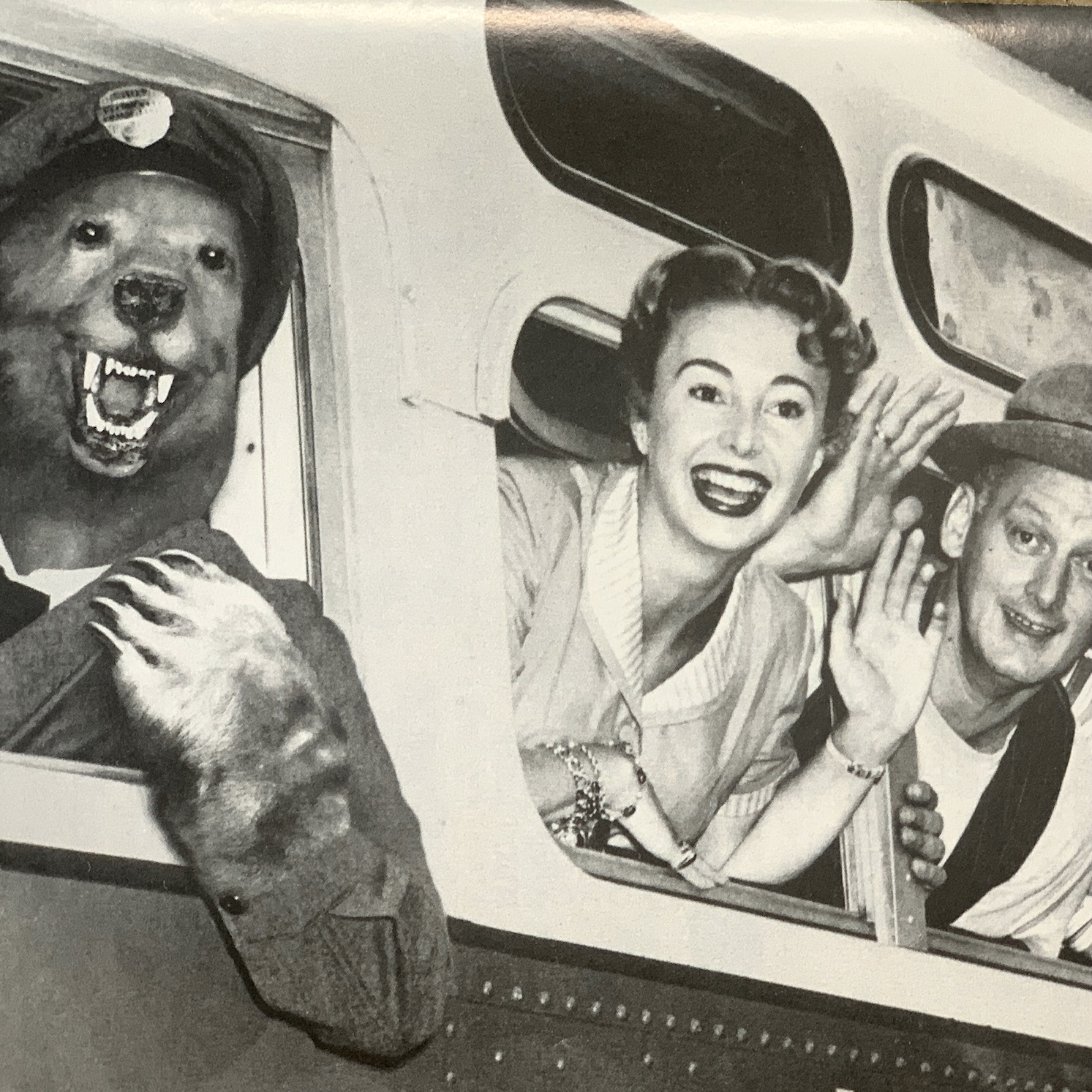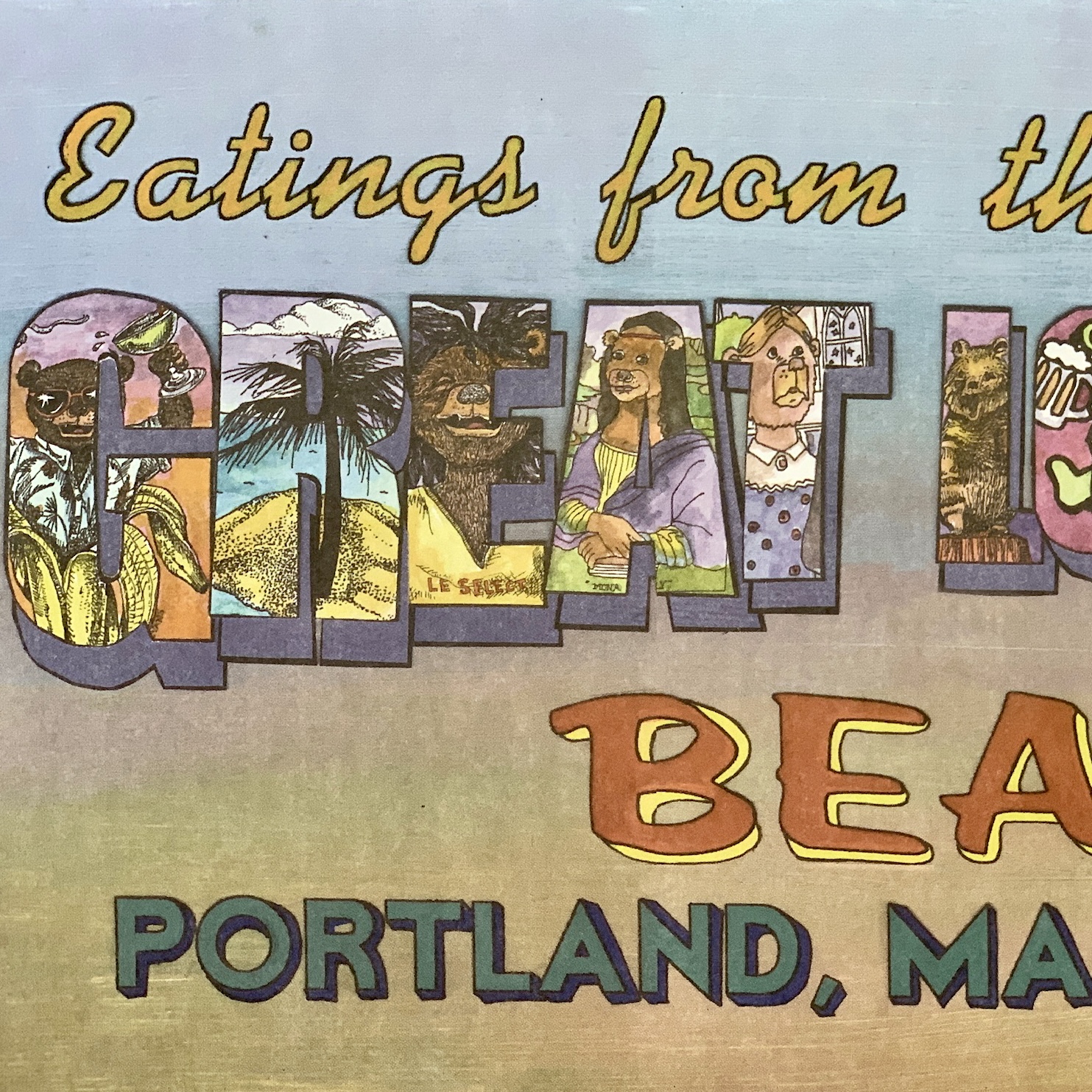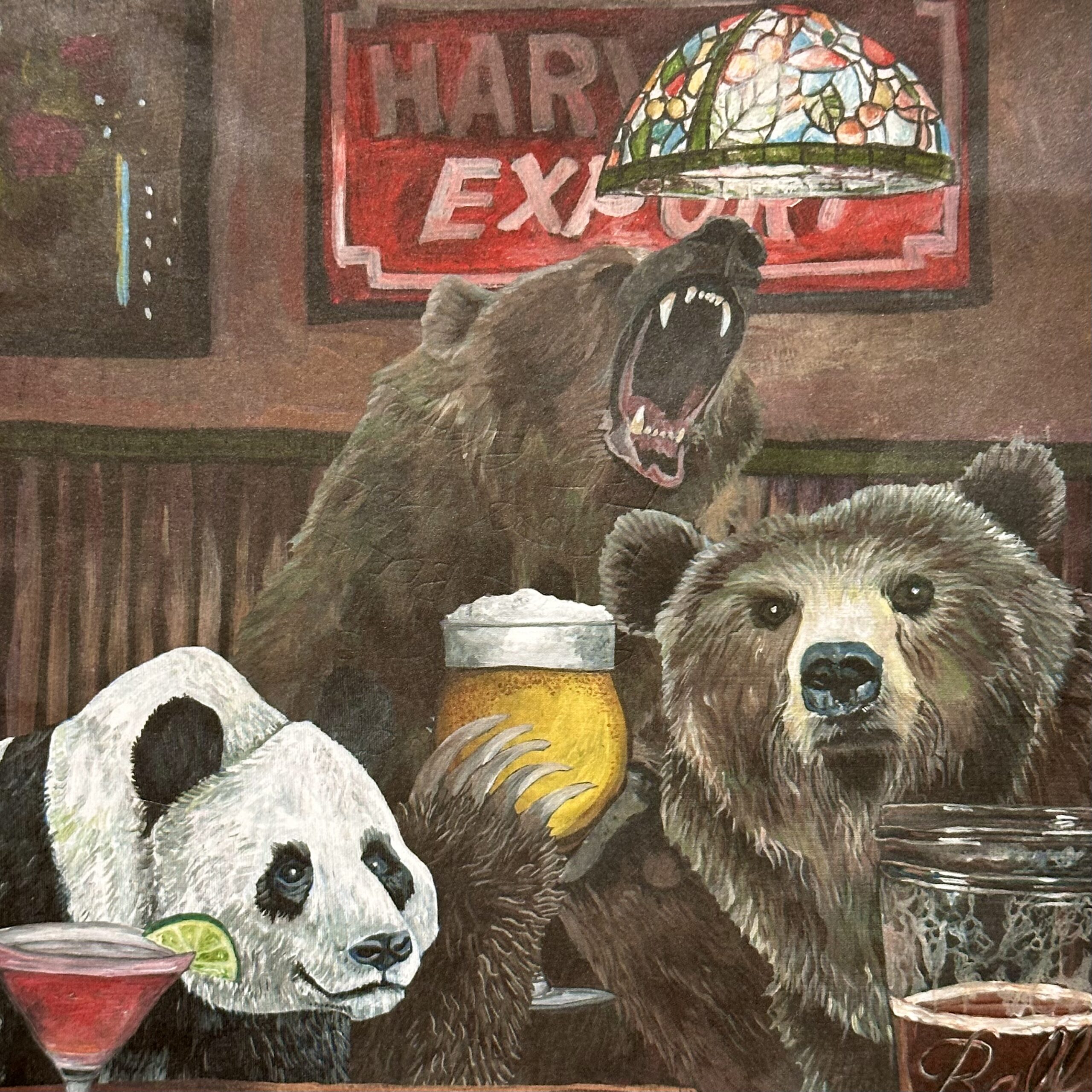The Portland Food Map archive provides a chronicle of the past 16+ years of the Portland restaurant scene. While a lot of the reporting here is about what’s happening now and coming next, we thought it would be fun to take a look back at what the hot topics were from 5, 10 and 15 years ago.
Here’s are highlights from June 2009, 2014 and 2019:
- Governor Baldacci signed into law LD 904 which empowered breweries to sell half gallon containers of beer (aka growlers).
- Shannon Tallman launched a food blog called Edible Obsessions. Tallman shared at the time that she may gush about foie gras but is more likely write about “fried bologna sandwiches (slathered with butter, like how Mom made them)”.
- Construction got underway for Figa, a restaurant being launched by chef Lee Farrington. These days Farrington and her partner Bryna Gootkind operate LB Kitchen.
- The West End Neighborhood Association produced a 60 foot lobster roll in an attempt to set a new world’s record. In 2017 Shediac held the record with a 180 foot lobster roll. A note from 2024: this seems like a record the people of Portland should work together to reclaim. As Atlas Obscura pointed out the biggest challenge is in baking a single continuous roll, but with the amazing baking talent in the Portland area certainly that’s an obstacle that can be overcome.
- The Out on a Limb rare apple CSA was announced in 2009. Shares were $120 and promised to participants “30-40 varieties of rare, interesting and highly flavored apples over the course of the season accompanied by a newsletter with descriptions, history, tidbits and lore about each variety, as well as recipes and ideas for how to best use them.” The apple CSA continues to this day—here’s how to sign-up.
- In 2009, The Salt Exchange opened for business on June 8th, Kon Asian Bistro on June 9th, and Otto Pizza opened on June 17th.
- In 2014 Lolita opened on June 1st, the Fishin’ Ships food truck was launched by Arvid Brown and Sam Gorelick, The King’s Head opened. Also in June 2014 Clayton Norris and Jenna Friedman launched the CN Shwarma food truck which a few years later scaled up to become Baharat. Slab opened for business on June 18th, and the Hilltop Superette on June 30th.
- Uncle Andy’s Diner was featured in an episode of television show Restaurant Impossible.
- Chef Yana Gilbuena brought her 50-state SALO Filipino pop-up dinner series to Portland.
- Speckled Ax held a Panamanian/Gesha coffee tasting.
- Family Feast served an Indonesian prix fixe dinner at The Well in 2014. Family Feast organizers Thomas & Mariah Pisha-Duffly have since gone on to launch several award winning restaurants in Oregon including Gado Gado, Oma’s Hideaway and The Houston Blacklight.
- Will Garfield and Masa Miyake ended their 8-year business partnership in 2014. While Miyake and Pai Men weren’t impacted, the change did result in the closure of Miyake Diner.
- A new food cart called A&C Food Factory launched on June 4th 2019. The West End LB Kitchen, the Forest Ave Blake Orchard and the Tacos La Poblanita food truck launched. Coals Pizza also opened in June as did the Island Lobster Co. Yardie Ting opened in the Public Market House on June 15th, Banh Appetit opened on June 23rd, and Lorne Wine in Biddeford on the 30th. Huong’s also launched an ice cream shop in June 2019.
- Construction got underway for Erika Colby’s restaurant cider bar Anoche.
